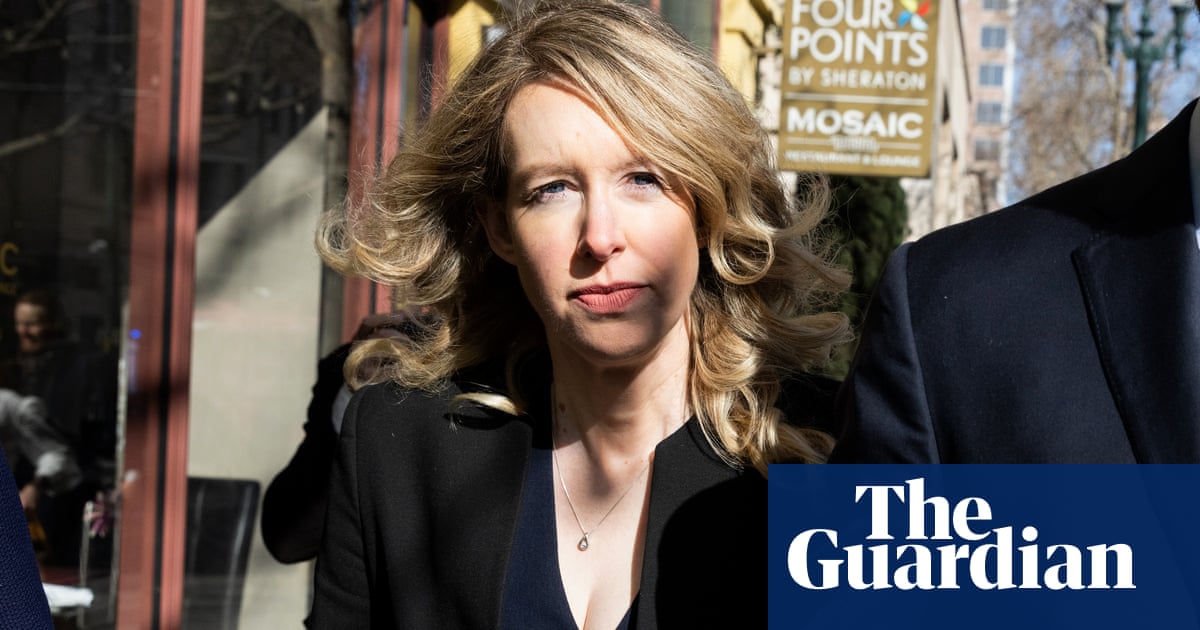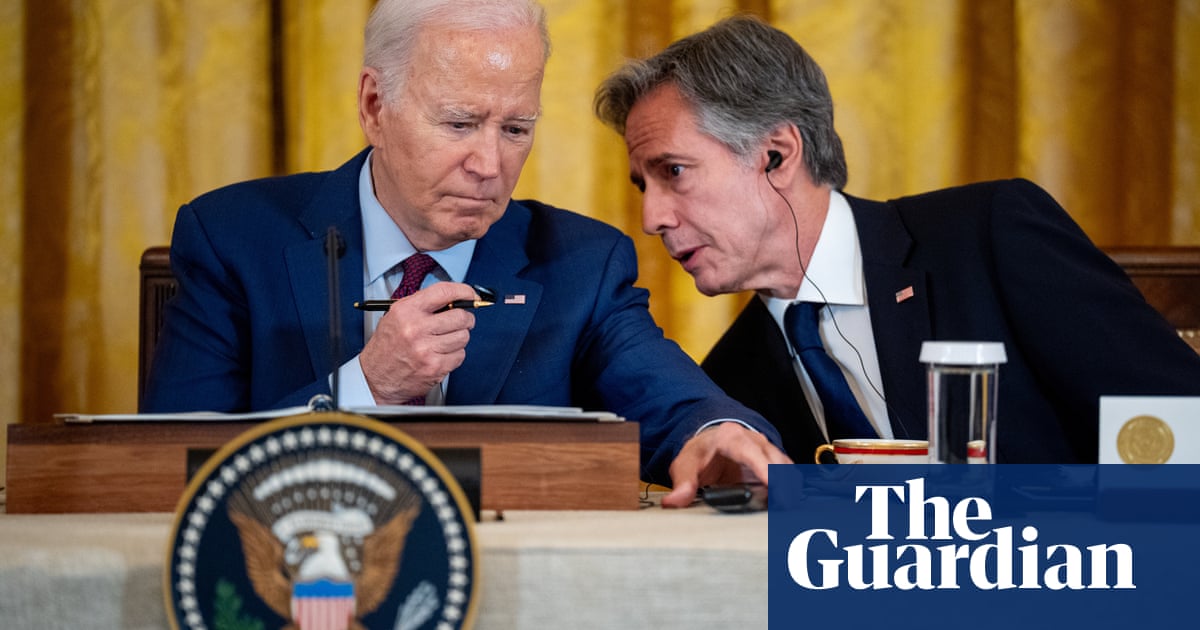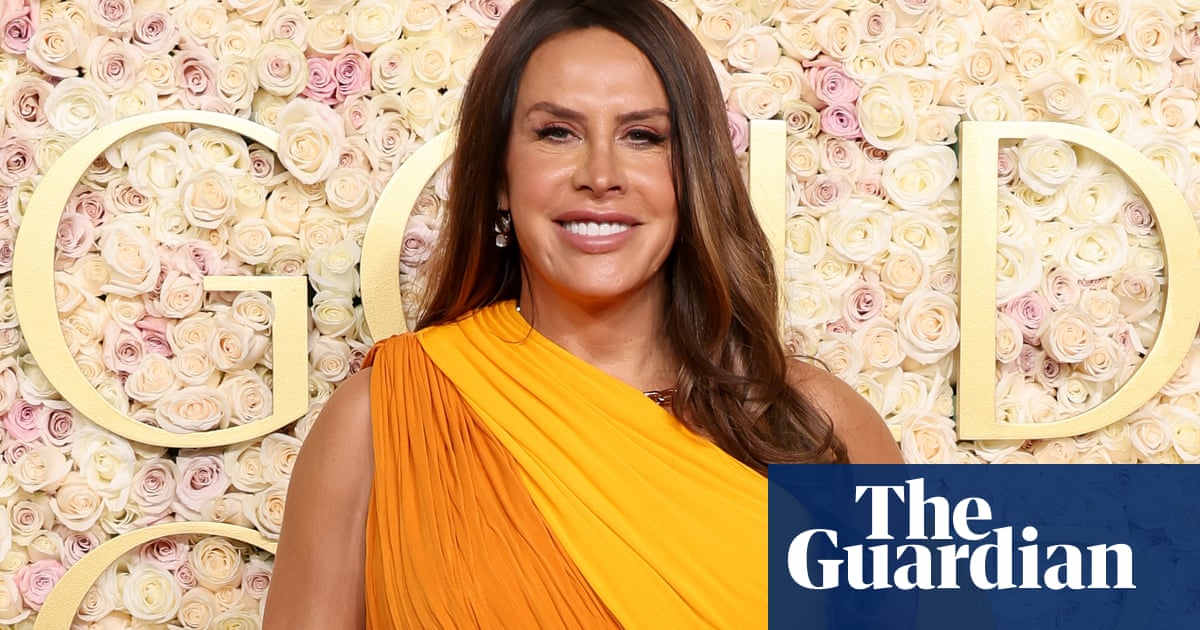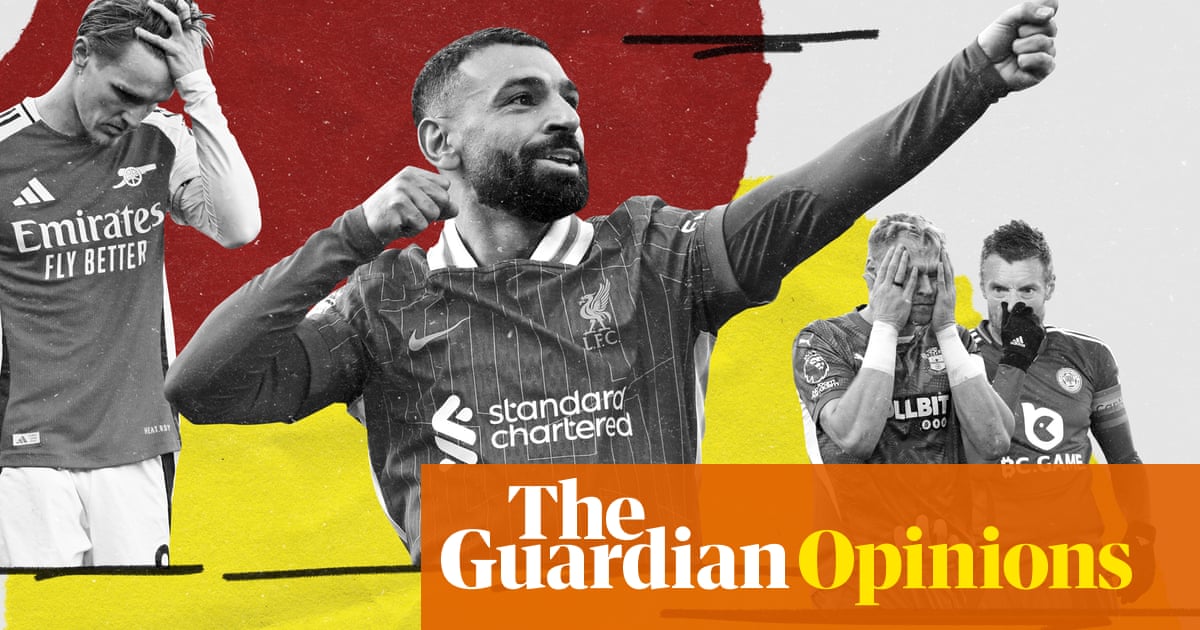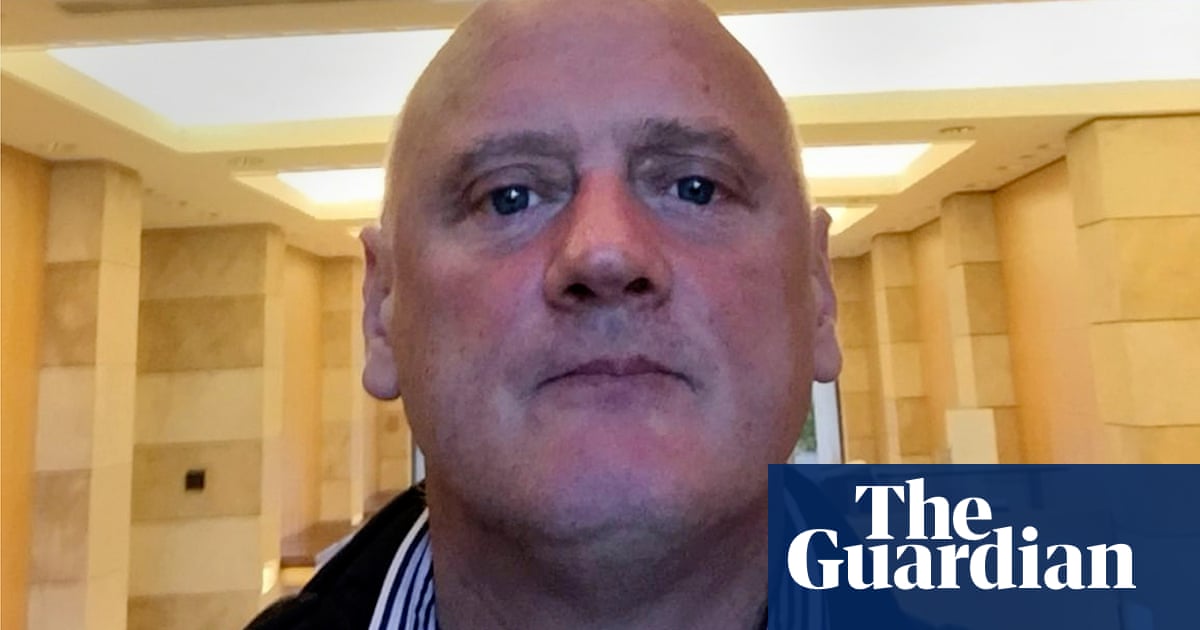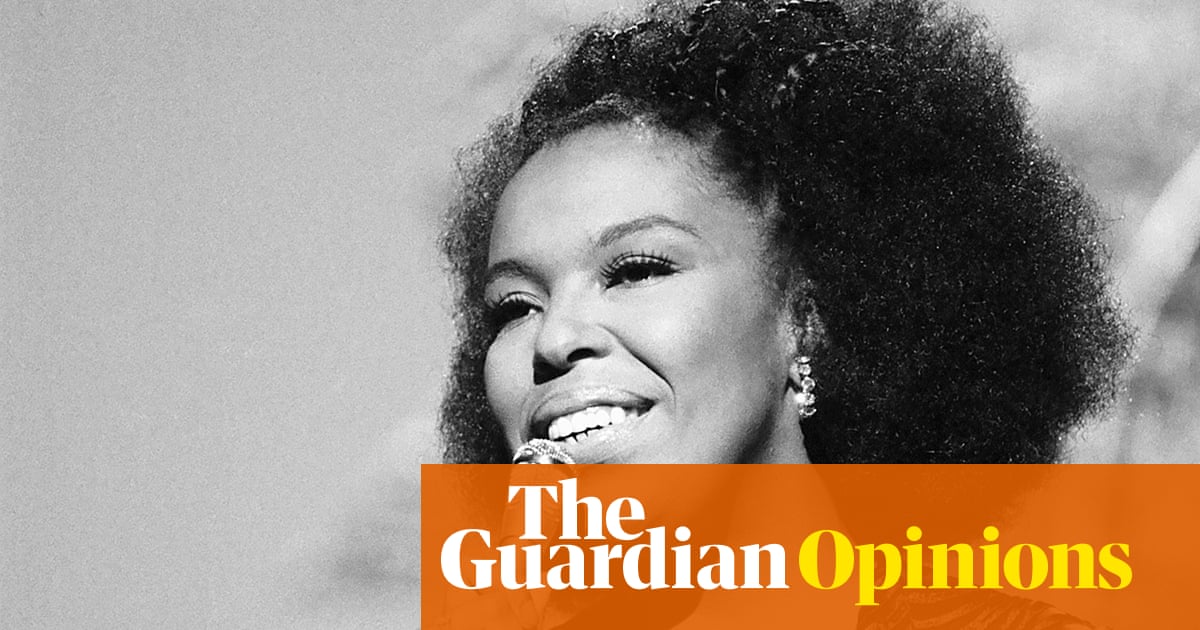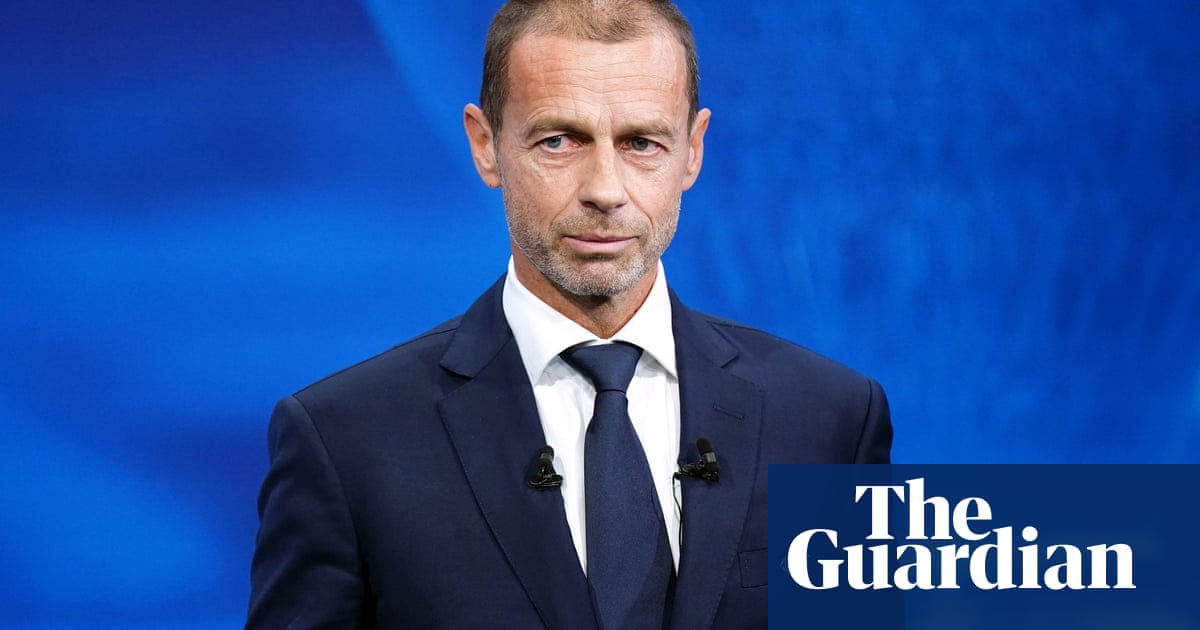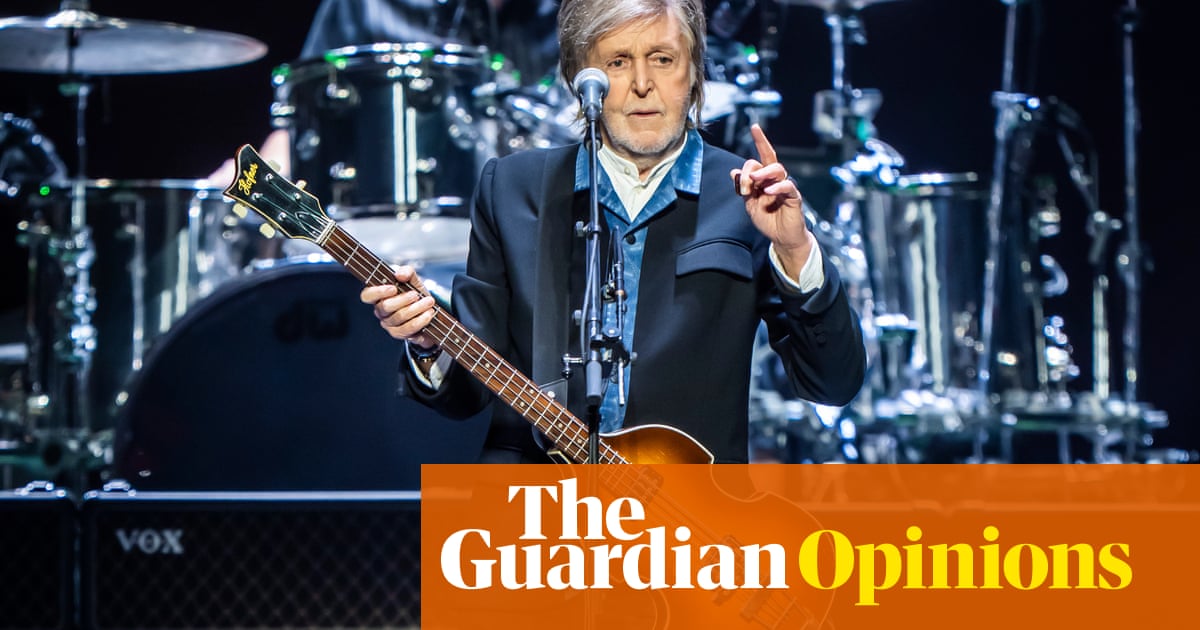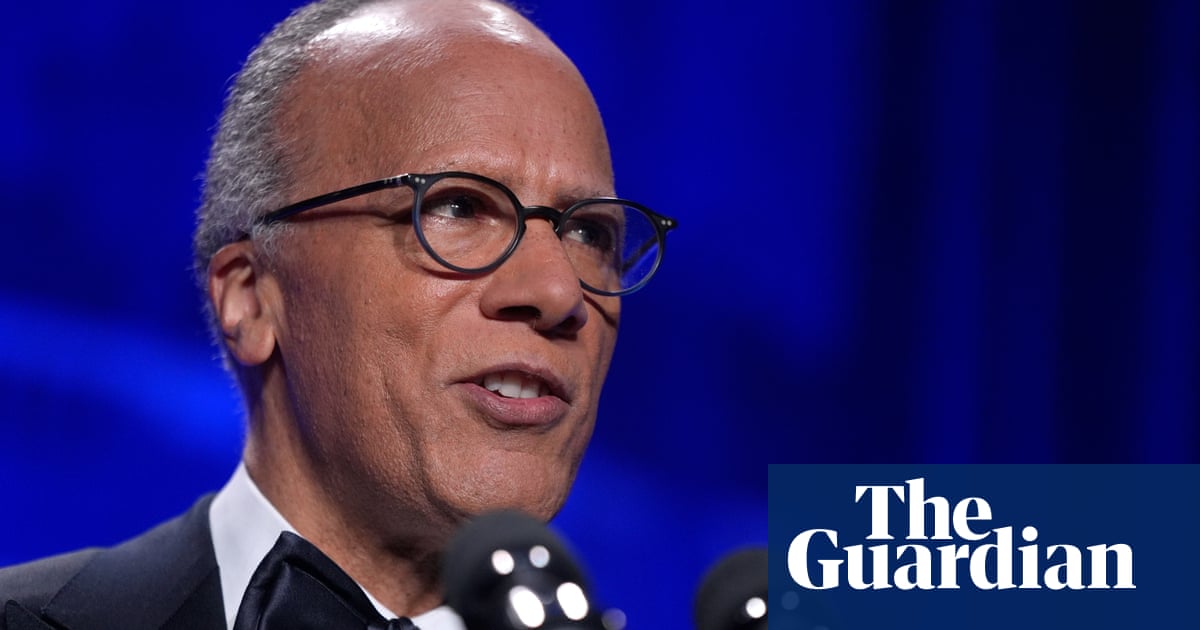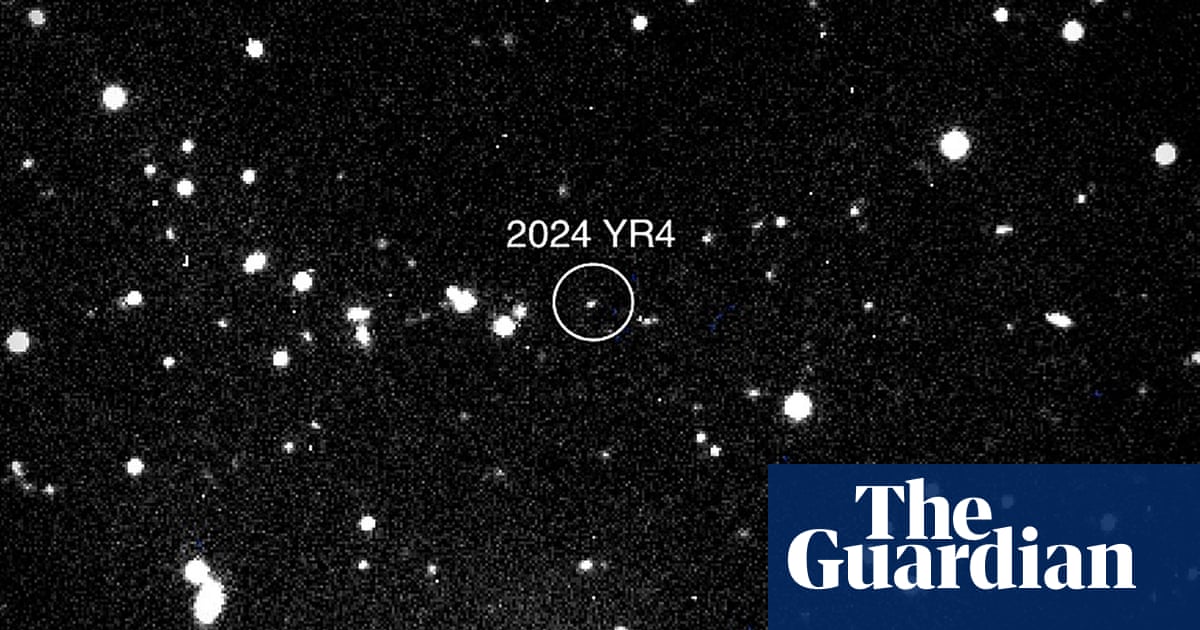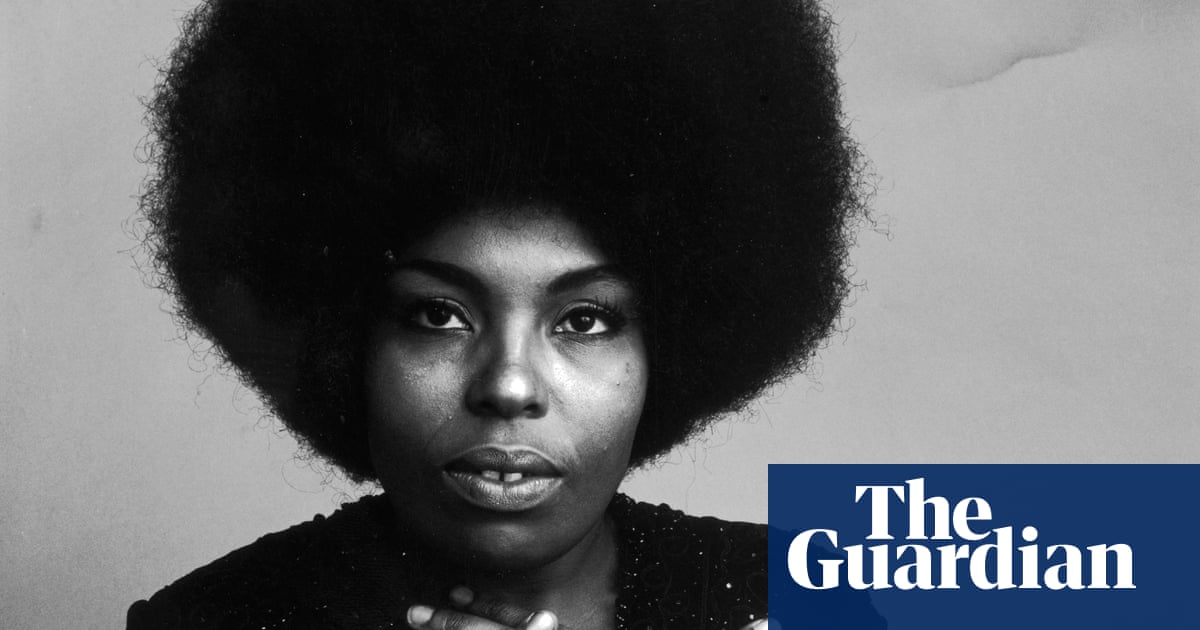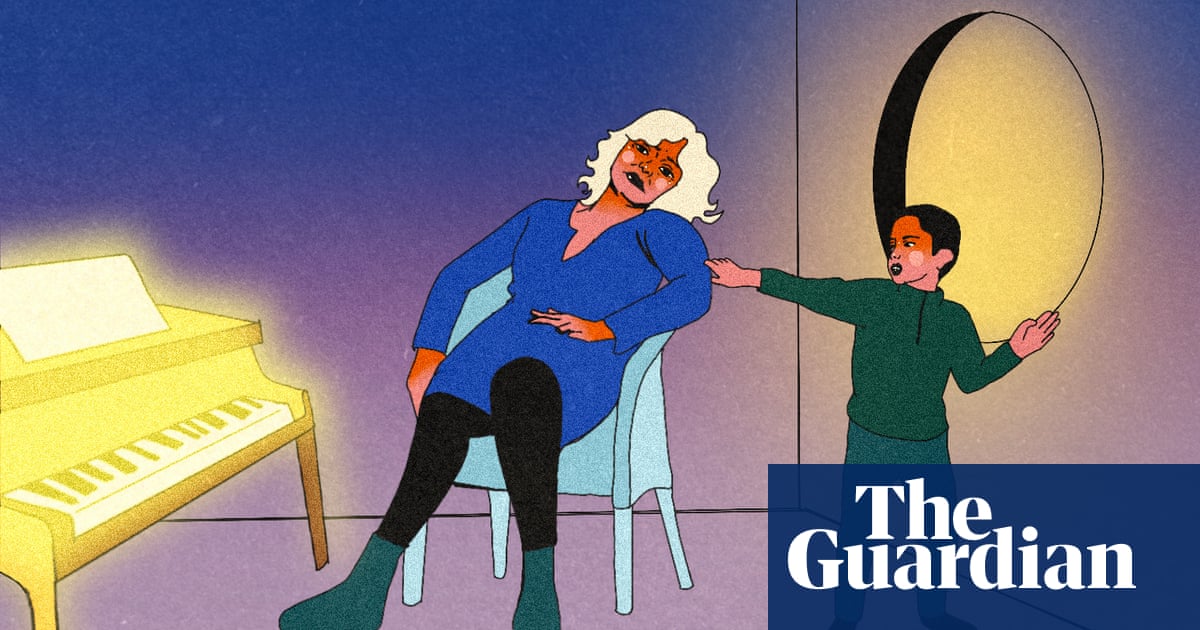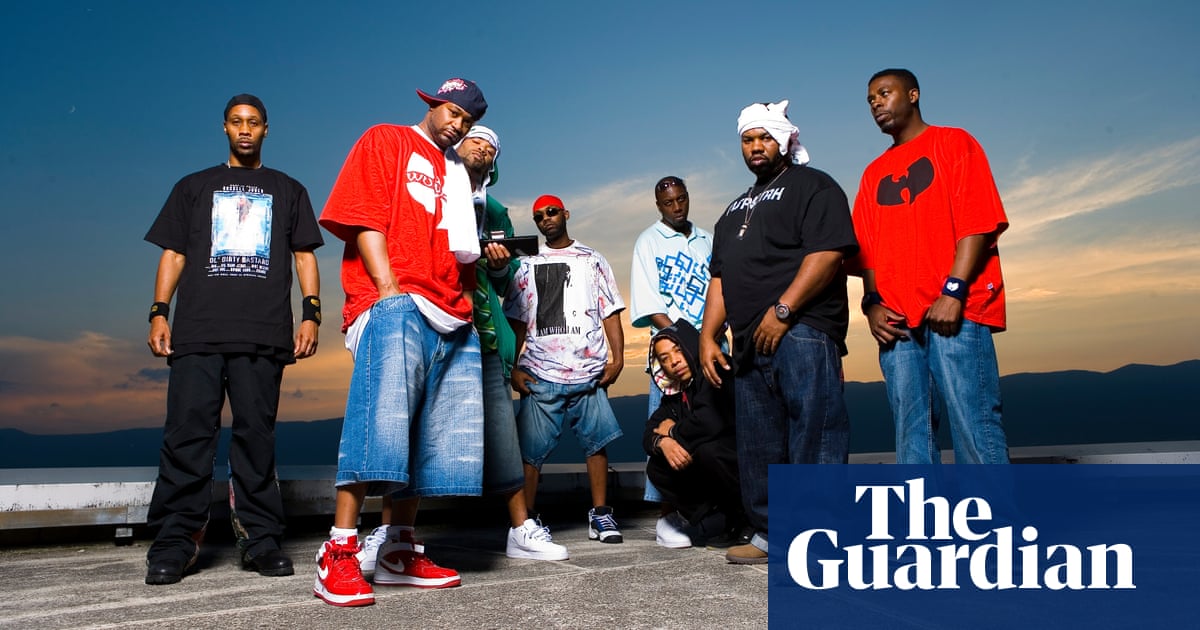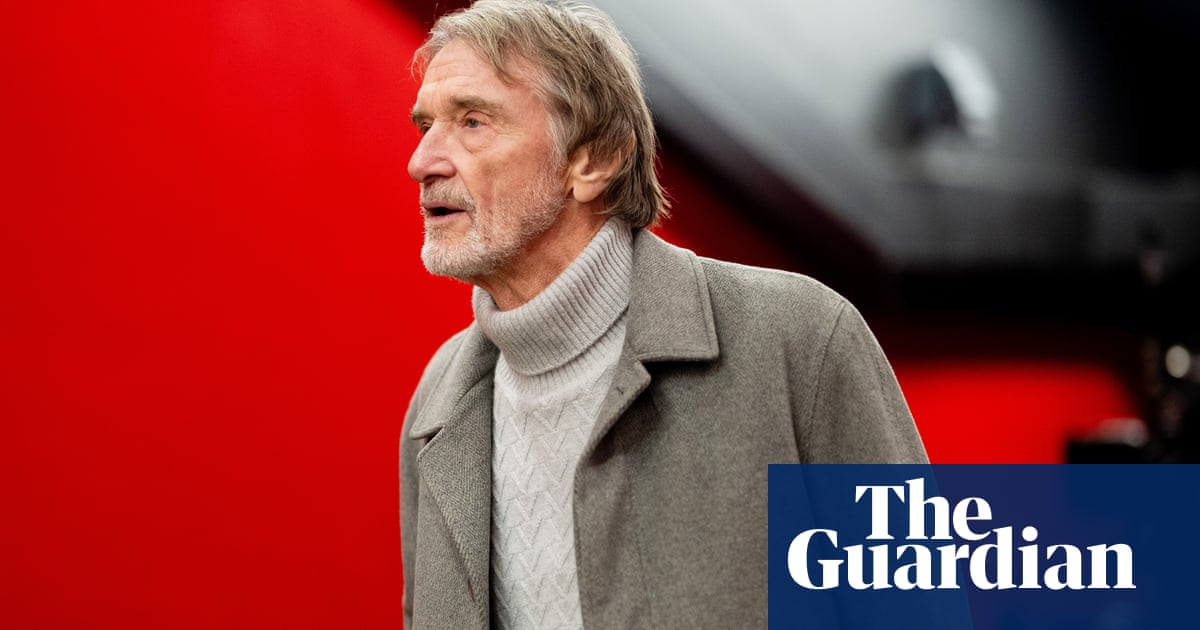The Electoral Commission of Ghana was due to announce the official results of Saturday’s presidential elections by Tuesday. But by Sunday morning, Mahamudu Bawumia, the country’s vice president and flag-bearer of the ruling New Patriotic Party (NPP) and his campaign team had seen enough to give up.
“The data from our own internal collation of the results indicates that … John Mahama has won the presidential election decisively,” he said at a press conference after calling his rival to concede. By Monday, the commission confirmed the outcome: the former president of the National Democratic Congress (NDC) had indeed won with 56% of the vote to Bawumia’s 41%.
The NPP’s defeat – by one of the largest margins in recent history – was seen as a referendum on the outgoing government’s performance. Commentators surmised that Ghanaians had been sufficiently displeased by the state of affairs to re-elect Mahama, whom they had kicked out unceremoniously in 2016 – the first time an incumbent was unseated.
The former president’s comeback on his third attempt also made him the first person in the west African state to win two non-consecutive terms.
But the election this time also followed a pattern voters have studiously kept in place since the return to multiparty democracy in 1992: every government that served two four-year terms has been replaced by the opposition.
Economic hardship was a major factor: at one point, inflation was as high as 50% and the cedi plummeted to historic lows while the number of taxes increased. A banking sector purge that was hailed by economists but led to thousands of job losses also angered voters, as did a bloated government in which several relatives of the president and ruling party members served.
Since Ghana’s independence in 1957, it has received bailouts from the International Monetary Fund 17 times, according to Theophilus Acheampong, an economist and associate lecturer at the University of Aberdeen.
So a sure sign that the government was on its way out was its handling of its talks with the IMF for a three-year, $3bn rescue package as the country defaulted on foreign debt obligations, said the political analyst Bernard Tutu Boahen.
“It was preceded by the government not telling the truth to Ghanaians in the sense that when the president said the government was not going to embark on any IMF journey, the finance minister came to make an announcement that they have taken the decision to go,” he said.
That cost the government a lot of goodwill. Pensioners demonstrated in a series of protests in the capital in 2023 about delayed benefits resulting from a controversial debt swap programme introduced as part of conditions for accessing the IMF facility.
All of this largely contributed to apathy in the elections, experts say.
The NPP, seen to be overwhelmingly populated and supported by Akans, Ghana’s largest ethnic group, put forward Bawumia, a candidate from the north – the same region as the former president – this time. But his running mate was a prince from the Ashanti region, the main base of the Akans, to curry their support.
“In the past two elections, Ghana’s election turnout rates have exceeded 70%,” Boahen said. “The recent one which was conducted in 2020 had a turnout rate of about 79%, but this one fell to 60.9%. Now, in the stronghold of the ruling NPP which is Ashanti region, apathy was so high that the turnout rate was around 35%.”
Beyond that, witnesses and experts say the NDC had learned from its previous defeats and enacted a number of strategies to win the election. One of them was the mobilisation of its supporters to be vigilant and monitor the process to avoid any tampering with ballots.
“We have put in place superior counter-rigging strategies and are monitoring every official of the electoral commission and their collaborators,” an NDC spokesperson, Abass Nurudeen, said on the eve of the polls.
At the weekend, NDC supporters celebrated across the country with their party’s green, white and red colours. But many warn that for Mahama – who can legally serve only a four-year term – the honeymoon will be short as he tries to fix the economy and eclipse the blotched legacy of his first term.
To succeed he will have to “rein in political apparatchiks who may want to exploit the return to power for their selfish material ends,” said Lloyd Adu Amoah, a political science lecturer at the University of Ghana. “If this second shot at the presidency is also squandered, Mahama will surely have no one to blame but himself.”

 2 months ago
45
2 months ago
45
